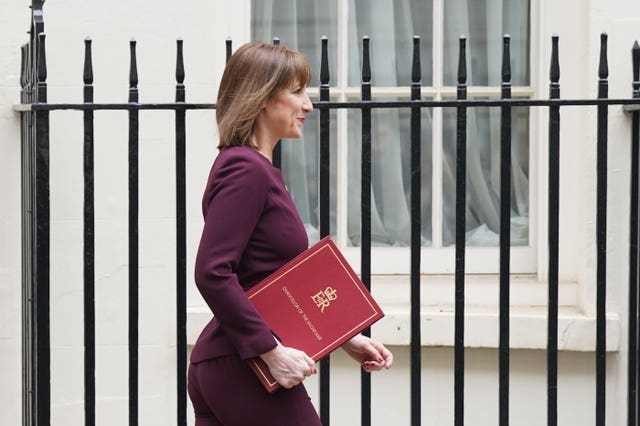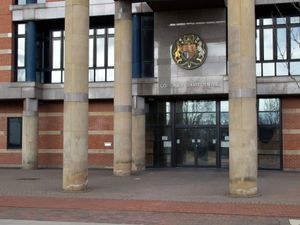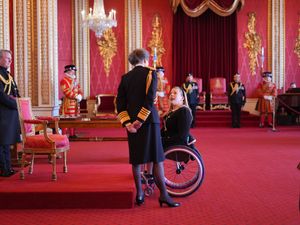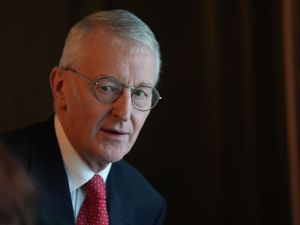Labour has history of difficult debates over welfare, says McFadden
The Chancellor of the Duchy of Lancaster said people should not be content with allowing the number of benefits claimants to grow.

There is a “history of welfare debates being difficult in the Labour Party” a Cabinet minister has said, after the Government faced calls from MPs to reverse cuts to health and disability benefits.
Pat McFadden told BBC Radio 4 that party discipline is not one of his responsibilities when asked what would happen if backbenchers decide to not back the plans, but said that people should not “be content” with letting the cost and the number of people on benefits grow.
The Government, earlier this month, announced a tightening of eligibility for the main disability benefit personal independence payment (Pip) and changes to the sickness element of universal credit.
Chancellor Rachel Reeves confirmed in Wednesday’s spring statement that universal credit health benefits for new claimants will be halved in 2026 and then frozen.
The Chancellor of the Duchy of Lancaster was asked what the consequences could be for Labour MPs who do not back the Government’s plans at any vote.
He told the PM programme: “There’s a history of welfare debates being difficult in the Labour Party, I acknowledge that.
“But for my colleagues, MPs, I would ask them to ponder a few things.
“Right now, we have 1,000 people a day going on to long-term sickness and disability benefits. That’s a city the size of Leicester every year.

“If we didn’t act, we’d be moving from a situation where there’s about 2.9 million people on these benefits to 4.3 million by the end of the decade.
“And so, acting on this, as long as we put in place support – which we will for those who can work – is a necessary thing to do.”
Pushed further on what could happen for MPs who vote against, he added: “I don’t want to duck your question, but of my cabinet responsibilities, discipline of MPs isn’t one of them.
“It’s a question for the chief whip.”
Earlier on Thursday, a minister said that welfare cuts will be implemented in a “compassionate way” .
Work and pensions minister Sir Stephen Timms said the changes to personal independence payments (Pip) are “definitely not being rushed” and will be done in a “managed and compassionate way”.
On Wednesday, Labour MPs called on Ms Reeves to rethink the changes.
Speaking in the Commons after the spring statement, Labour MP Rachael Maskell recognised the importance of financial responsibility but said the Labour Party has an “additional responsibility around having social responsibility”.
Addressing the Chancellor, she said: “So can we look at the DWP (Department for Work and Pensions) changes again?
“Of course, protecting the most vulnerable, but it’s those people just above that band which are set to lose and we’re really worried about those.”





